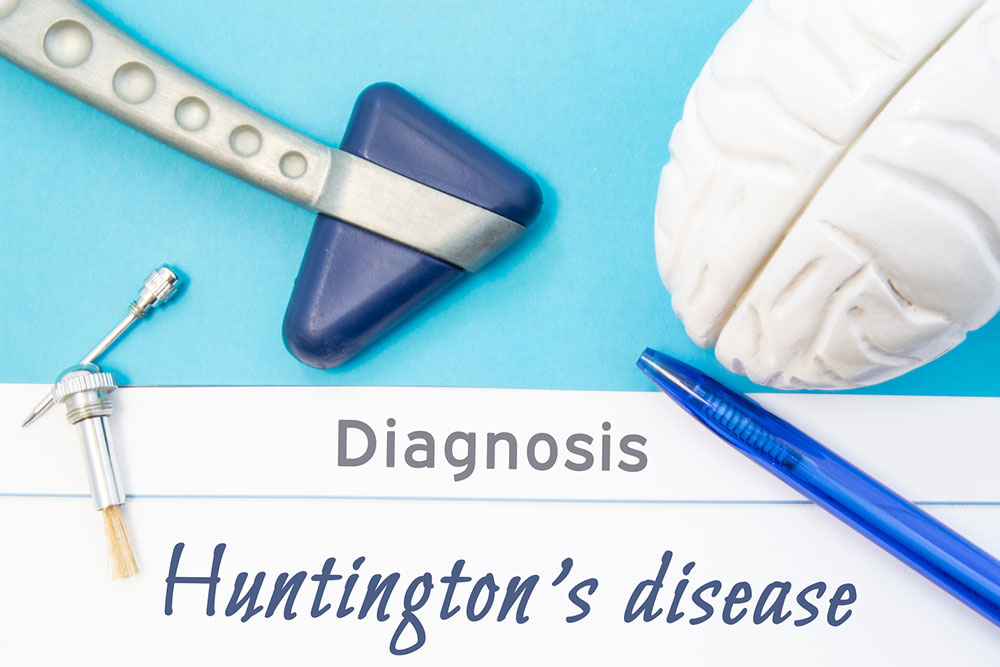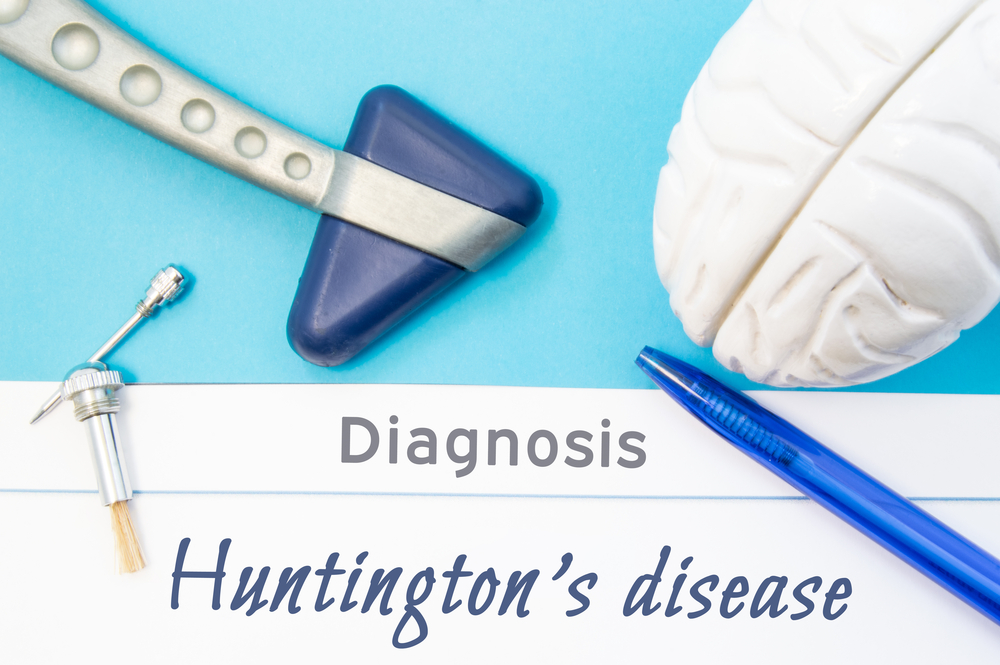A Comprehensive Guide to Huntington's Disease: Causes, Symptoms, and Management Strategies
Huntington's disease is a hereditary neurodegenerative disorder characterized by progressive movement, cognitive, and emotional decline. This comprehensive guide explores its causes, symptoms, diagnosis, and management options, emphasizing the importance of early detection, supportive therapies, and ongoing research for better patient outcomes.

Understanding the Complex Landscape of Huntington's Disease: Causes, Symptoms, and Effective Management
Huntington's disease is a rare genetic disorder that profoundly affects the nervous system, leading to a progressive decline in both physical and mental functions. This hereditary condition impacts vital brain structures, resulting in gradual deterioration that can significantly impair movement, cognition, and emotional health. First identified in the late 19th century and named after the American physician George Huntington, this disease continues to pose challenges due to its genetic nature and lack of a cure. Nevertheless, advances in medical research and supportive therapies have improved the quality of life for many patients. Understanding the disease’s origins, recognizing its symptoms early, and exploring management options are crucial steps in coping with this neurodegenerative disorder.
Huntington's disease is inherited in an autosomal dominant pattern, meaning that an individual only needs one copy of the mutated gene from either parent to inherit the condition. The gene responsible, located on chromosome 4, produces a protein called huntingtin. The mutation involves an abnormal repetition of CAG nucleotide sequences within this gene, leading to the production of a faulty huntingtin protein that causes toxic effects in brain cells. The number of CAG repeats directly correlates with disease severity and age of onset, with larger repeat counts often associated with earlier and more severe symptoms.
The typical age of onset ranges between 30 and 50 years, but juvenile cases have been reported in children and adolescents, particularly in instances where the mutation involves a very high number of repeats. Symptoms often develop gradually, initially presenting as subtle behavioral changes, slight movement irregularities, or mild cognitive issues. As the disease progresses, individuals experience increasingly pronounced motor disturbances, such as chorea (involuntary, jerky movements), dystonia (sustained muscle contractions), and problems with coordination. Cognitive decline manifests as difficulties with planning, memory, and judgment, while emotional and psychological challenges include depression, irritability, and anxiety.
The progression of Huntington's disease can be broadly divided into three stages:
Early Stage: Mild symptoms like slight fidgetiness, subtle mood swings, or minor memory lapses. At this stage, individuals may still maintain independence but might notice changes in their usual routines.
Middle Stage: Increased motor symptoms such as involuntary movements (chorea), speech difficulties, and worsening cognitive impairments. Daily activities become more challenging, requiring assistance in some cases.
Advanced Stage: Severe physical and mental decline, where patients often become completely dependent on caregivers. This stage involves significant mobility issues, paralysis, dysphagia (difficulty swallowing), and profound cognitive deterioration, often leading to a reduced lifespan.
Diagnosis of Huntington’s disease involves a combination of clinical evaluations, family history assessments, genetic testing, and neuroimaging techniques such as MRI or CT scans. Genetic testing is the definitive method, confirming the presence of the CAG repeat expansion in the huntingtin gene. Prenatal testing and pre-symptomatic genetic screening are also available for at-risk individuals, allowing for early detection and informed family planning decisions.
While there is currently no cure for Huntington’s disease, various treatment approaches aim to alleviate symptoms, improve mobility, and support mental health. Pharmacological interventions include dopamine-depleting agents and antipsychotics to control chorea and psychiatric symptoms. Physical therapy and occupational therapy are essential for maintaining mobility and functionality, while speech therapy helps address communication difficulties. Nutritional counseling and assistance are vital for managing weight loss and swallowing problems.
Supportive care extends beyond medical treatments. Mental health support, including counseling and support groups, is crucial for patients and their families to cope with emotional and psychological burdens. Genetic counseling provides families with information about inheritance patterns, risks, and options for family planning. Additionally, raising public awareness about Huntington’s disease fosters early diagnosis and encourages research into potential cures.
As an incurable neurodegenerative disorder, Huntington's disease presents ongoing challenges, but with comprehensive management, patients can lead meaningful lives. The importance of early detection, supportive therapies, and caregiver support cannot be overstated. Continued research and innovative treatment strategies hold promise for future advancements in curing or better managing this devastating condition. Understanding Huntington’s disease not only empowers those affected but also underscores the necessity for ongoing scientific efforts and community awareness initiatives.





